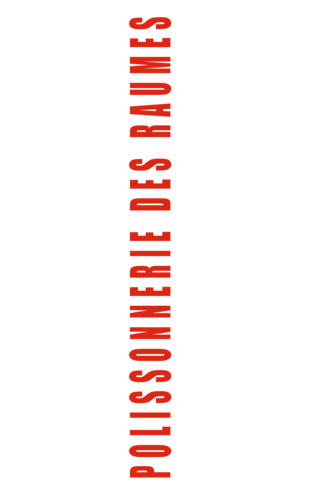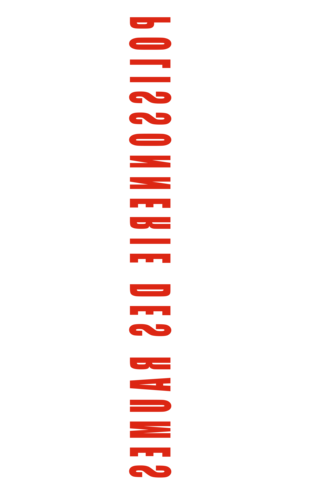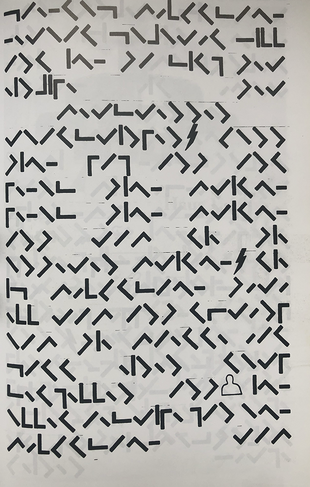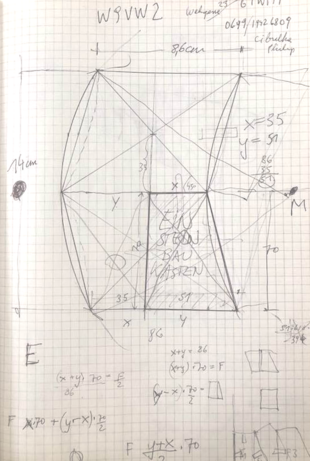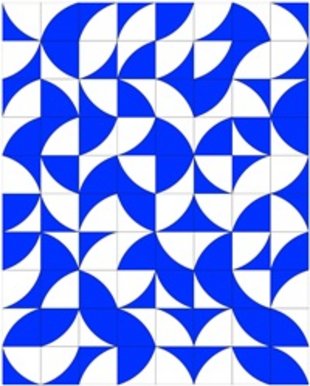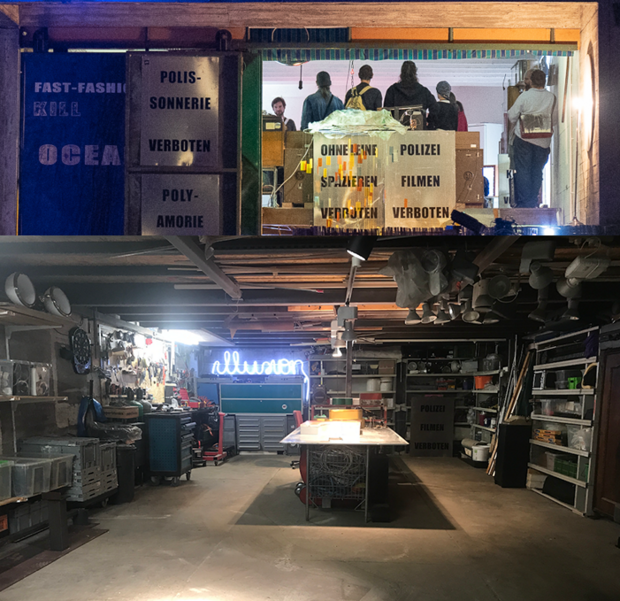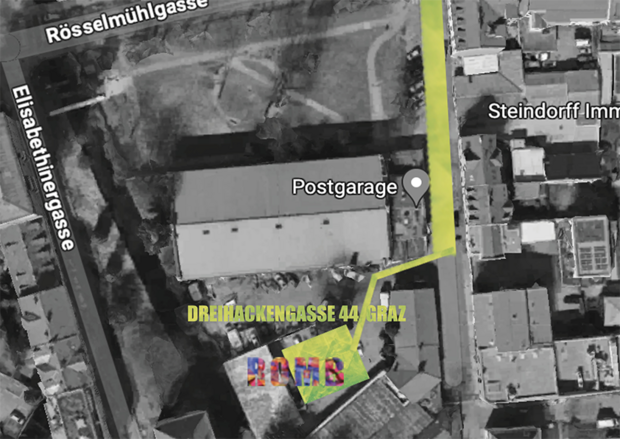
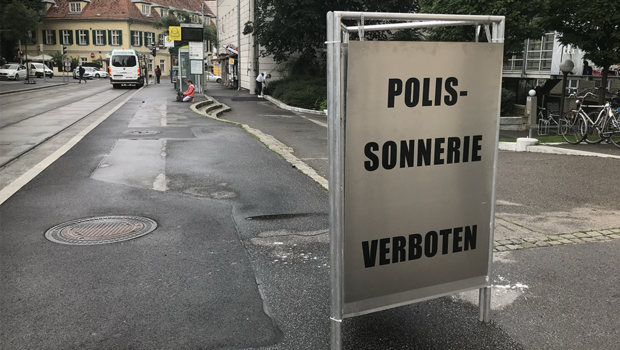
HEIDULF GERNGROSS | ABC DES RAUMES
K.ADA | POLISSONNERIE DES RAUMES
SPACE | POSSIBILITIES AND LIMITATIONS
READING & DISCUSSION | MODERATION - MICHELLE SCHREINER
Public spaces are living canvases, where the tension of constant clashes creates a kind of “battlefield.” In this context, artistic activities can establish, reinforce, and challenge the existing symbolic order. Art not only shapes and defines urban spaces but also has the potential to disrupt and transform them. It is a poetic channel, a polemical voice, and a vibrant connection threading through the diverse tapestry of human experience.
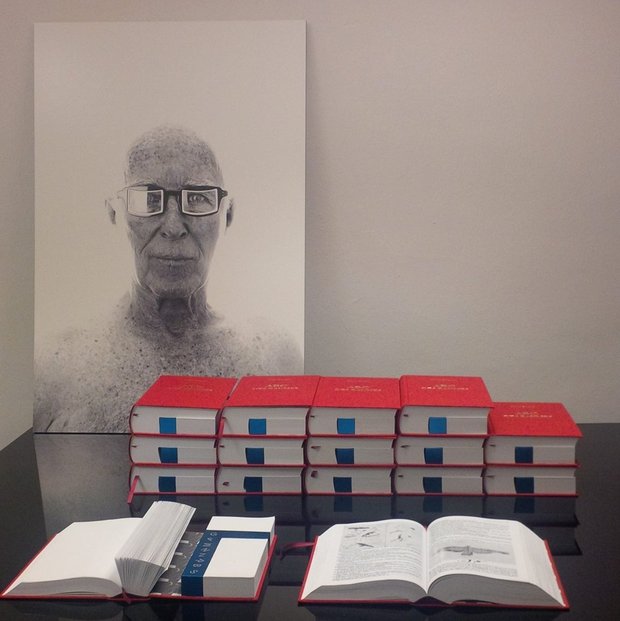

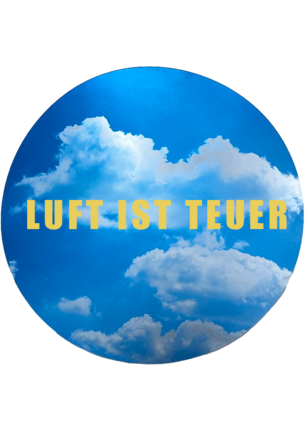
The most revolutionary thing a person can do, is always to say out loud what is really happening.
Rosa Luxemburg
